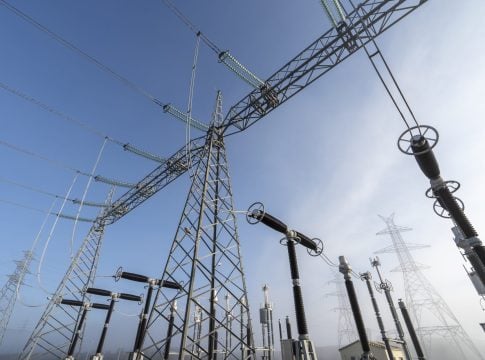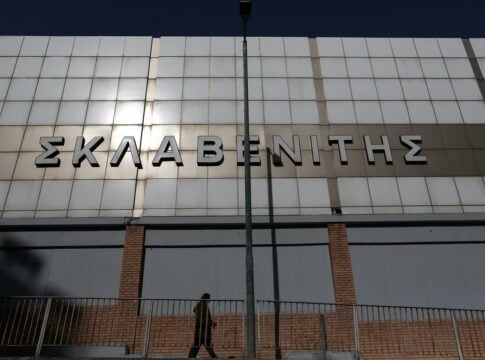There is still considerable progress to be made in Greece to enhance the average purchasing power of its population to the corresponding European levels.
According to the data from the quarterly report of the Parliament’s Budget Office, convergence may require even 15 years, while at the same time high growth rates of over 2% as well as continuous improvements in the productivity index should be recorded.
The State Budget Office presented the quarterly report on the course of the Greek economy in Parliament yesterday and its head, Ioannis Tsoukalas, was asked to comment on Eurostat data that still ranks Greece in the last three positions in the EU if purchasing power is used as a criterion.
“To reach the average purchasing power of the Eurozone, many steps are required. We have low productivity. To converge faster, we need growth rates that exceed the average of the Eurozone. Investments and greater extroversion of the Greek economy are required. Otherwise, if we remain in a low productivity regime and produce mainly for the internal market, we will not see much progress,” Tsoukalas commented.
The head of the Budget Office predicted that the 2026 data will show that Greece will have the same “VAT gap” as the European average, i.e. below 10%. Compared to current levels, this means that there may be an increase in VAT revenues (and indeed with measures that are considered interventions to combat tax evasion) of 1 billion euros. This amount, Tsoukalas explained, can be seen by the economic staff as additional budgetary space to finance new support measures. A necessary condition is that there is a relevant negotiation with the European Commission.














